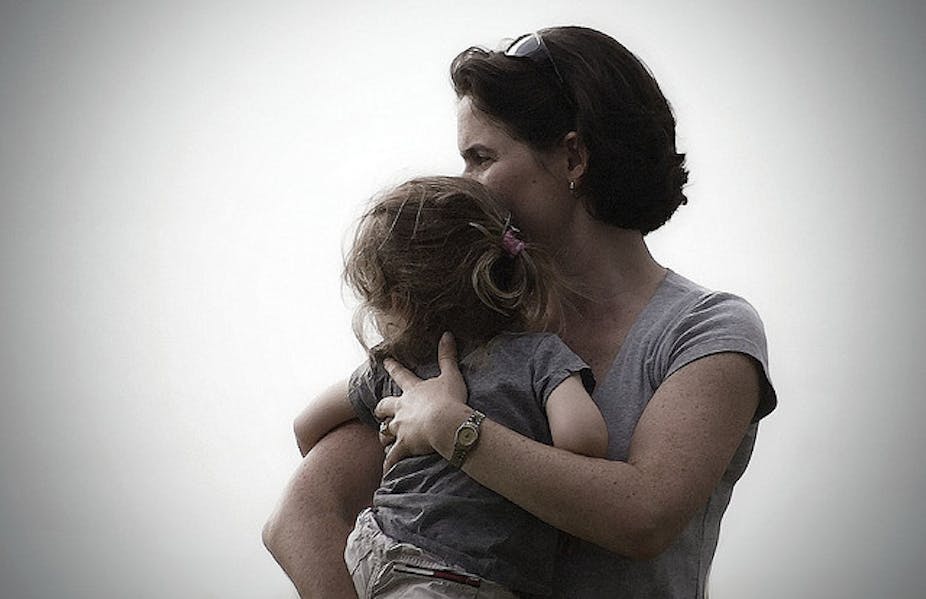The question of whether a parent – in most cases, mothers – can or should return to paid employment and in what capacity, is once again in the spotlight thanks to a recent study in the American Journal of Family Psychology.
The researchers, Cheryl Buehler and Marion O’Brien from the University of North Carolina, followed mothers for five years after they gave birth and evaluated their parenting, levels of psychological well-being, work-family conflict, and time spent on housework and childcare tasks.
The authors compared three groups of mothers – part-time workers, full-time workers, and those who didn’t work outside the home – and found that both full-time and part-time employment produced similar levels of well-being. Working women were, overall, happier than non-working women.
All the mothers in the study performed more housework and childcare than the fathers, but the partners or spouses of employed mothers did more housework than the spouses of the non-employed mothers. Of course, if one parent is able to stay at home, they are very likely to undertake more childcare and housework than their working spouse.
Part-time workers were more involved in their children’s primary schooling compared with full-time workers. This is hardly surprising – any parent working part time will have more time available to be involved in their child’s primary school than a full-time working parent. And this is not a judgement of “better parenting”.
Full-time workers reported more work-family conflict, which was primarily caused by pressures on time, energy and feelings of guilt. Work-family conflict is an indication than life is complicated and more rushed, but the positives of being a working parenting often balance out the negatives.

Choice matters
Studies show that being in paid work increases your self-esteem and independence as well as bringing greater financial rewards, leading to higher levels of both psychological well-being and physical health.
The more important issue here, and one overlooked by Buehler and O'Brien, is choice. Parents in the position to choose not to work tend to have better outcomes than parents who would prefer to stay at home with their child but are forced to return to work.
Unfortunately, being able to choose is often not an option. A recent study I co-authored with Michael O’Driscoll and Amanda Biggs found the primary reason for new parents returning to work was financial.
Parents with no or limited access to paid parental leave returned prematurely to full-time employment. This had adverse consequences for both the parent (with issues around personal health, child attachment, and breastfeeding) and for their employer (with reduced job commitment and increased turnover intentions).
The Commonwealth Government’s 2011 introduction of statutory paid parental leave is recognition of the benefits of an appropriate period of paid parental leave. Most other developed countries (with the United States now being the exception) have also recognised the importance and cost-benefits associated with statutory paid parental leave.
The other crucial issue also overlooked by Buehler’s study is parental assistance. The availability of third-party assistance with childcare (either formal paid childcare or informal assistance from family members such as grandparents) and/or with housework (with paid cleaners) often contributes more significantly to a parent’s level of well-being and health compared with his or her employment status.
In cultures where extended family members assist with childcare and housework, parents who return to employment experience fewer health and social complications than those within individualistic cultures, where new parents tend to be more isolated and receive less family support.
The real issue, therefore, is not whether paid employment is good, bad or indifferent for parents – it is one of choice and opportunity. Whether you have dependents or not, choosing to work and working in a fulfilling job produces considerable advantages and benefits, especially compared with people who would like to work but are unable to. Similarly, choosing not to work (for family or other reasons) also produces personal benefits.
No one employment pattern is better than another. The parents really under pressure are those who have to work but would prefer to be looking after their children. This is the group that would benefit the most from access to “family-friendly” work places and services.

